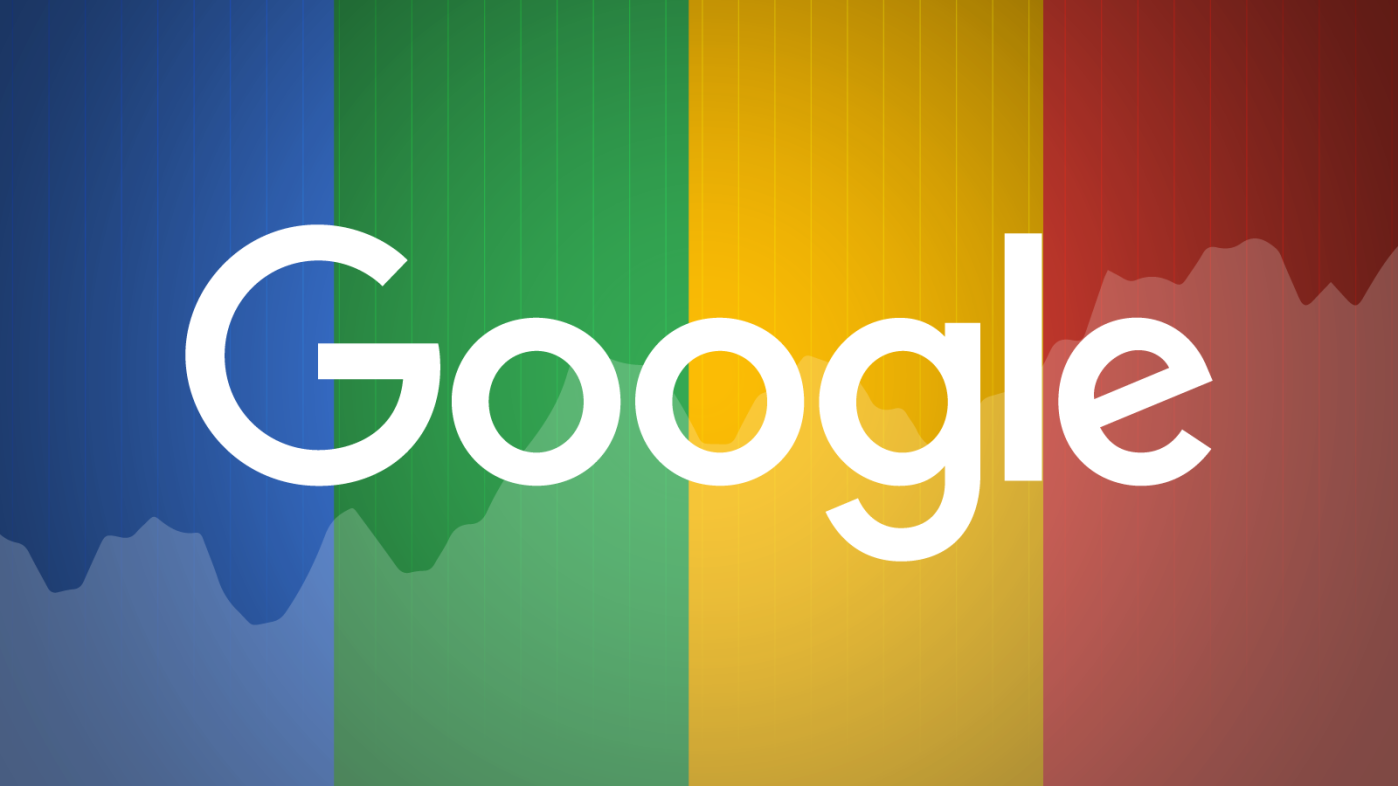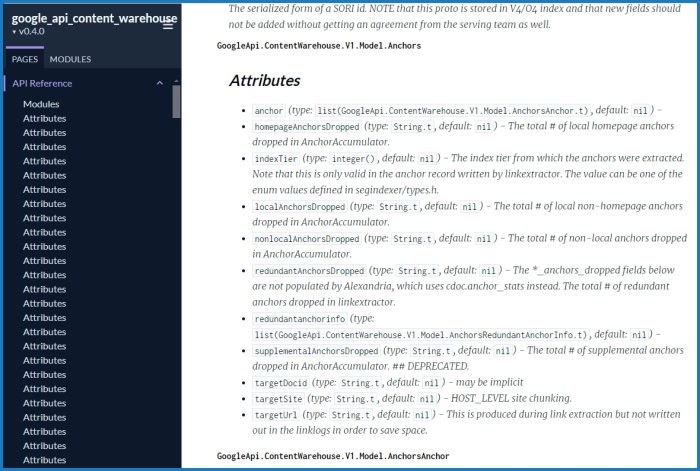
Understanding how the Google search engine classifies and categorizes the entire internet has always been a dream for every website owner or SEO (Search Engine Optimization) professional. Well, a huge leak of documents belonging to the Google may have made this dream come true, unraveling mysteries about the mechanics behind the algorithm of the most used search engine on the planet.
We are talking about more than 2,500 pages loaded with information that details the intricate algorithms responsible for ordering and presenting search results, a curtain that the company has always made a point of keeping closed, hiding its secrets from the public eye. In the next paragraphs I bring more details about this story.
Read too
YouTube automatically skips the video to the end when identifying adblockers
Google is transforming its search engine with Artificial Intelligence
How the documents were leaked
These documents apparently derive from an API for exclusive internal use at Google and which, unexpectedly, were shared through a bot on the famous collaboration and code sharing platform, GitHub. Rand Fishkinan SEO specialist, took a deep dive into this information and brought a detailed reportproviding careful analyzes and interpretations.
These very technical documents show important details about how Google uses a sophisticated system to decide which sites are most relevant and how they appear on results pages.
What the documents reveal

Who is older on the internet and has witnessed the boom of blogs must remember the term PageRank. At the beginning of the blogging era, the preponderance of links directed to a website played an essential role in searches. The more links pointing to a given site, the more trustworthy it was.
It was in this context that the infamous “link aggregators” emerged, sites with the sole purpose of linking other sites. Over time, Google said that PageRank and the number of backlinks were no longer so important. But that’s not what the recently leaked documents say.
The number of links is still important, contrary to what was previously thought. The new documents emphatically confirm that backlinks remain valuable. Additionally, reviews show that Google uses many criteria to consider clicks on results. The purpose of this evaluation is to see if the websites shown are useful for those who search for them.
Other criteria dissected in these documents include:
- Google carefully checks whether the page title matches the content it shows;
- Sites that feature frequent updates seem to acquire a kind of precedence or priority;
- An intrinsic authority score of the sites is mentioned, being capable of decisively influencing their visibility in the results;
- The information available about the authors of the content is carefully analyzed by Google in order to determine its relevance and suitability.
Did Google Mislead Publishers and SEO Professionals?

Hence an uncomfortable doubt arises: has Google adopted dubious, perhaps even misleading, conduct towards publishers and SEO specialists regarding the true workings of its search engine?
Let’s take as an example the way in which Google evaluates authorial variables, which are part of a concept called EEAT (Experience, Specialization, Authority, Reliability). Although I said before that these factors are very important for creating trust, it was said that they did not directly affect how pages were ranked in search results. But the leaked documents show that it appears that EEAT actually has an effect on page order.
Another area shrouded in cloudiness concerns the criterion of authority. Previous statements by Google denied the existence of a numerical scale of points to evaluate the authority of sites, a statement now questioned by the indications found in the exposed documentation.
Are the documents real?
To date, Google has maintained its silence, without confirming or refuting the authenticity of the leak of these documents. However, the profusion of details and their degree of organization strongly indicate that they constitute genuine material.
The consequences of this discovery for Google, how its search engine works and the world of SEO are complex. Only time will show all the consequences of this event. But, if you work in SEO, I suggest you at least read the report written by Rand Fishkin.
Sources: Search Engine Land, The Verge
Source: https://www.hardware.com.br/noticias/2024-05/vazamento-algoritmo-google.html


